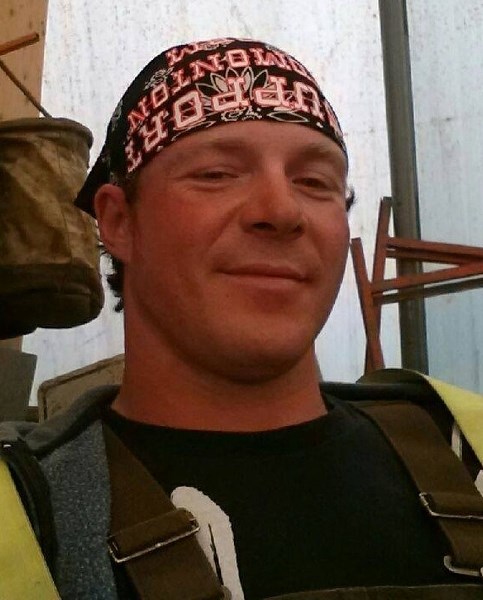Nobody will ever know what Shawn Maxwell Rehn was thinking when he shot Const. David Wynn and Auxiliary Const. Derek Bond at Apex Casino early Saturday morning.
But he likely knew that, if arrested once again, he would go to prison for a very long time, said the president of the Criminal Trial Lawyers Association.
“It reminded me of a wild animal that’s cornered and bites,” said Shannon K.C. Prithipaul.
Amidst concerns whether anyone could have prevented the shooting of two St. Albert RCMP officers, Prithipaul argues it’s not the criminal justice system that failed. It’s the lack of programs to work with and rehabilitate repeat offenders, she said.
Long criminal background
Shawn Maxwell Rehn, 34, had nearly 60 previous criminal convictions, including driving, property, drug, and weapons offences. He served jail time and two federal prison sentences.
In September 2014, he faced more than a dozen charges, including possession of a weapon, escaping custody and breaching court conditions.
A transcript shows the charges were laid after police found Rehn riding a stolen motorcycle in a Walmart parking lot. He attempted to flee arrest, and had a spring-loaded knife in his pocket.
A police officer later consented to a defence lawyer’s request for bail. A justice of the peace agreed and Rehn was freed after paying $4,500.
Two months later, warrants were issued for Rehn after he failed to appear in court. Another warrant was issued when he failed to appear again in January. Eleven days later, he shot two officers at Apex Casino in St. Albert.
Constables Wynn and Bond were inspecting a stolen car parked at the casino. When they crossed paths with Rehn, the driver, he attempted to run, then shot both. Wynn was killed by a shot to the head. Bond was released from hospital Saturday but has a long recovery ahead.
Rehn was later found dead of apparent suicide in a nearby house in Sturgeon County.
The RCMP will now do their own investigation into Rehn’s prior interactions with police, said assistant commissioner Marlin Degrand, K Division criminal operations officer, at a press conference Wednesday.
They want to know if there’s anything they “could have done that could have helped to avoid him continue on this career path of being a criminal from his early days,” he said. “We’re very concerned about the fact that an individual with his criminal history came into contact with our officers.”
Alberta’s Justice Minister Jonathan Denis also ordered a review into how the Crown handled Rehn in the past.
He directed Alberta’s Deputy Attorney General to review any involvement of the Alberta Crown Prosecution Service “that they had leading up to this incident.” The review will determine if any processes could be changed to help prevent a repeat of “this tragic, unfortunate and needless crime.”
The review will be done in addition to any fatality inquiry that may be called. The results of the review will be made public.
Not many options
Some people now question why habitual offenders such as Rehn are not kept in prison for a longer time.
But Prithipaul thinks this would only lead to more people locked up in a criminal system that lacks the rehabilitative programs “to make these people come out better.”
“We have to think ‘Are we going to incarcerate everybody on the risk that later they might commit a criminal offence?’” she said. “When we lock someone up because of potential risk in the future … we are now shutting the door on somebody, basically saying they are a lost cause.”
There are programs in place that work with people outside of jail. The Edmonton Drug Treatment Court, for example, graduated more than 90 people, some of whom may have now turned their life around, she said.
These kinds of programs could really make a difference, she said. But funding to the drug court was cut and mental health beds are in short supply.
“Jail is not a fun experience. I usually feel there is something that is getting that person to that point and if we can address it, really the root cause of it, not just shutting them away and not thinking about them, then all of us are better off,” she said.
Of course, no one can be forced to participate in rehabilitation programs, she said. Records from the parole board show that Rehn was reluctant to participate in any programs or remediation to address his problems.
But Prithipaul thinks Rehn was also lost to his criminal lifestyle long ago.
Did jail have an effect on him? She thinks yes. But it likely did not deter him from continuing his criminal behaviour. It may have only made him “fearful of going back.”




